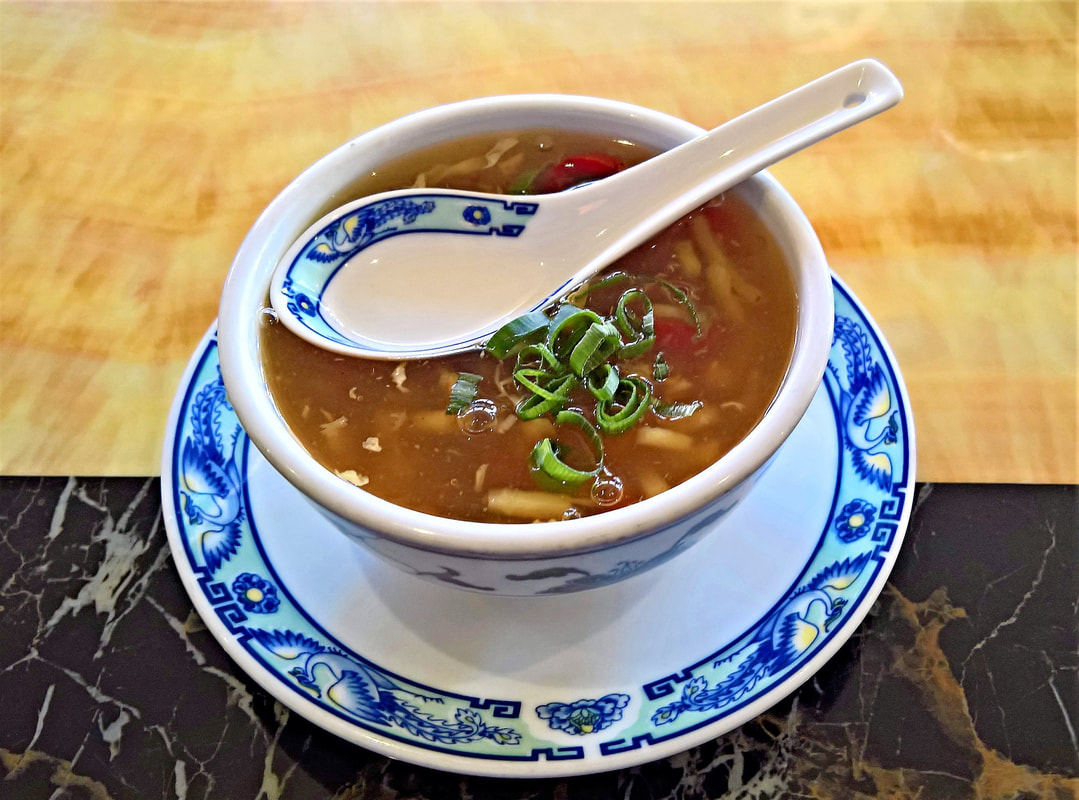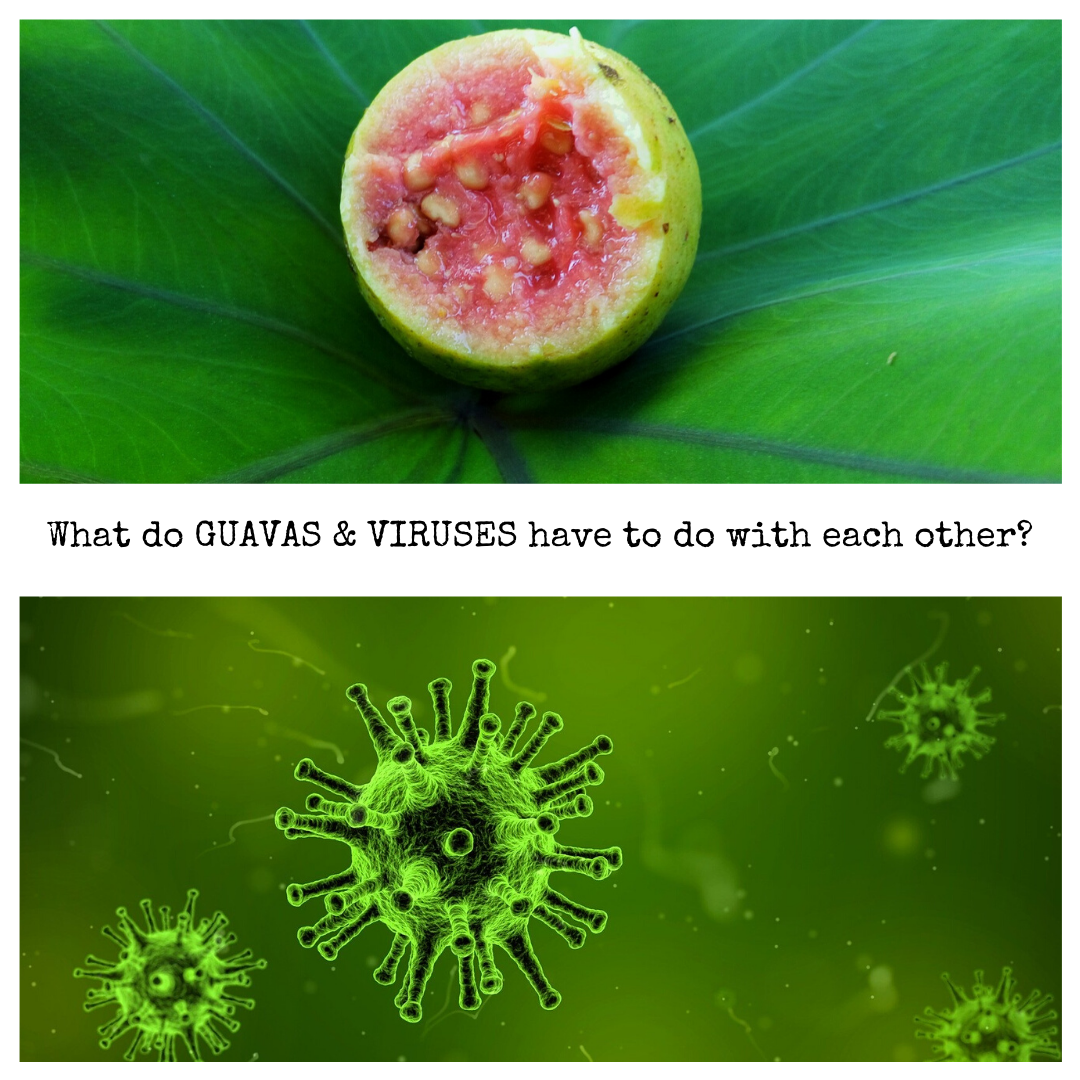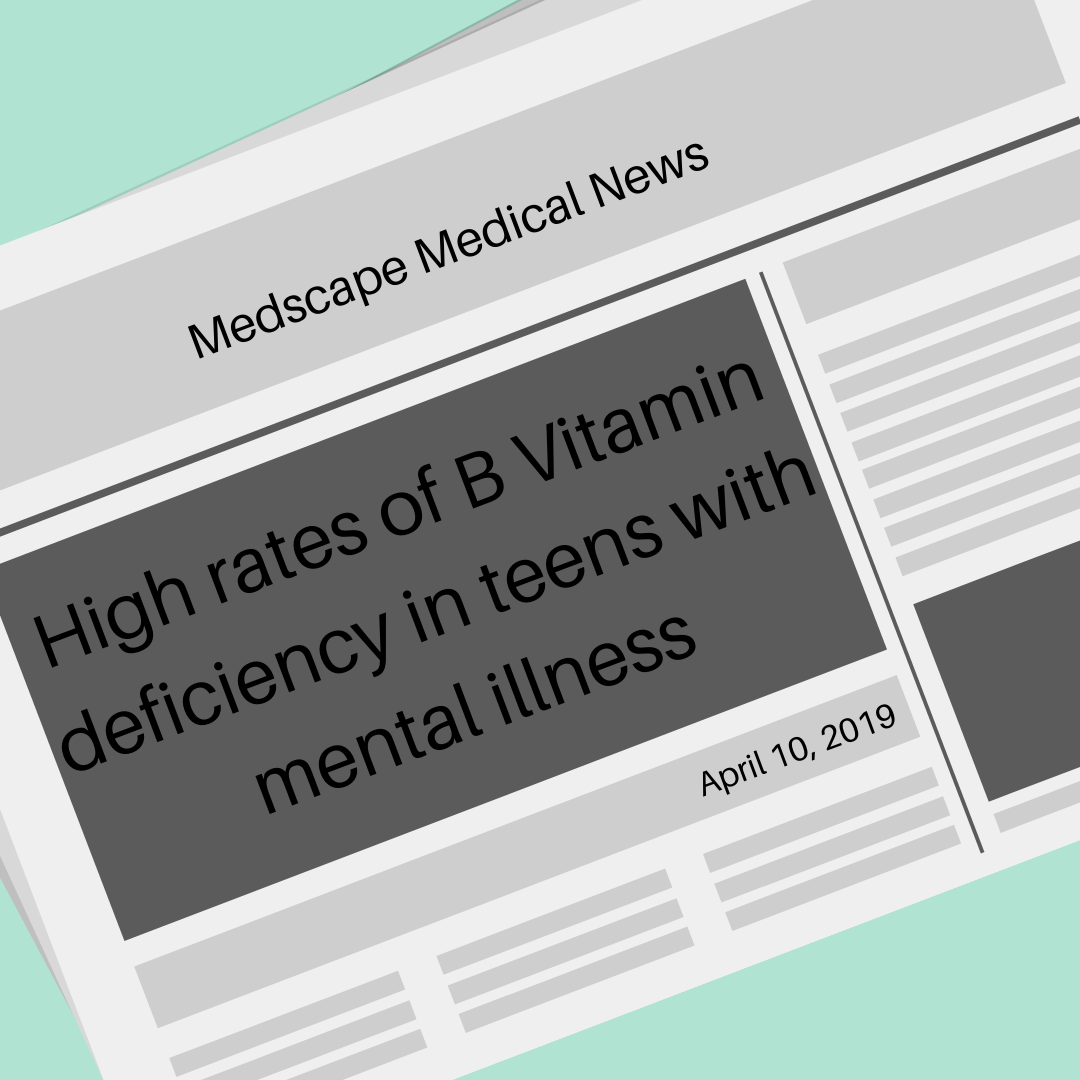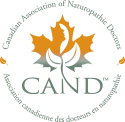|
Astragalus membranaceus root is known as an immunomodulator, strengthening both nonspecific (innate) and specific (learned) immunity. In traditional Chinese medicine, pieces of root are boiled in soups and removed prior to serving. (As an idea for amounts, a decoction dose would be 2-4 tsp of root per cup of water, boiled and then simmered for 10-15 minutes). These are a few specific actions this herb does: it intensifies phagocytosis in reticuloendothelial systems, stimulates pituitary-adrenal cortical activity, and restores depleted red blood cell formation in bone marrow. It can also stimulate the body’s natural production of interferon. It is an ideal remedy for anyone who might be immunocompromised. In addition, it helps protect the liver and has anticancer effects.
Cautions: Astragalus potentiates the effects of interleukin 2 and acyclovir but may be incompatible with immunosuppressive drugs.
0 Comments
School age children bring a plethora of different colds and flus home with them each year. Sometimes these are fended off with chicken noodle soup but all too often they end with a prescription for antibiotics.
A recent study out of Switzerland showed a positive outcome to reducing the need for these prescriptions. This study looked at 203 children aged four to twelve years old over 4 months. Half were given echinacea every day (A. Vogel's Echinaforce Junior 400mg TID) and half were given Vitamin C (50mg TID). The group that were given the echinacea every day reported 32.5% fewer colds and flus, 76% fewer days on antibiotics, 67% fewer days with fever, and 65% risk reduction of bacterial super infections and of respiratory tract infection complications. When it comes to cold and flu prevention and recovery, #echinacea is a superstar #herb! #healthykids #coldandfluseason #respiratorytractinfections #fever #immunesupport #botanicalmedicine #preventativemedicine #antibioticresistance #naturopathicmedicine #naturaltherapies Reference: Ogal M, Klein P, Schoop R. Echinacea for the Prevention of Respiratory Tract Infections in Children 4 - 12 years: A Randomized, Blind and Controlled Study. Sociéte Suisse de Pédiatrie (SSP, Poster), 24th May, Lausanne, Switzerland. Note: I have no affiliation to this product or company. “Anmella Diaz said the study initially assessed iron and vitamin D levels, as well as child-related parameters, and found deficits on all the measures they evaluated.
Vitamin deficiency, he said, "needs to be taken into account, and it needs to be supplemented. We've seen the correlation with psychiatric disorders and with neurodevelopmental impairment. It needs to be taken care of." European Psychiatric Association (EPA) 2019 Congress: Abstract OC-0136. Presented April 9, 2019. Note: not all B vitamins are created equal. Food is always the best source but if using supplementation look for the methylated versions of the B vitamins. #naturopathicmedicine #mentalhealth #depression #healthcare #schitzophrenia #childrenshealth #adolescentmentalhealth #mentalillness #preventativemedicine |





 RSS Feed
RSS Feed



